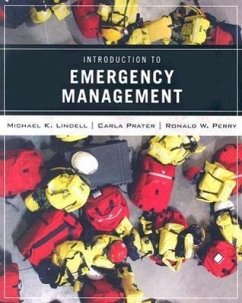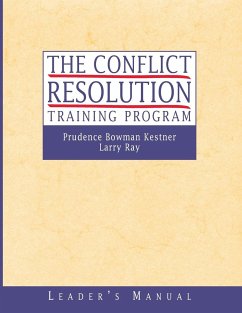
Imagine Coexistence
Restoring Humanity After Violent Ethnic Conflict
Herausgeber: Chayes, Antonia; Minow, Martha L
Versandkostenfrei!
Versandfertig in über 4 Wochen
50,99 €
inkl. MwSt.

PAYBACK Punkte
25 °P sammeln!
Based on an innovative pilot program that grew from the joint initiative and conference sponsored by the United Nations High Commissioner for Refugees, Harvard University, and the Fletcher School of Law and Diplomacy at Tufts University, to examine the theoretical underpinnings, Imagine Coexistence includes research, theory and practical experience that will increase readers' understanding of what works and what does not. The information in this book will help shape the assumptions and programs that are designed to rebuild war-torn societies and set them on a path to peace and reconciliation.














